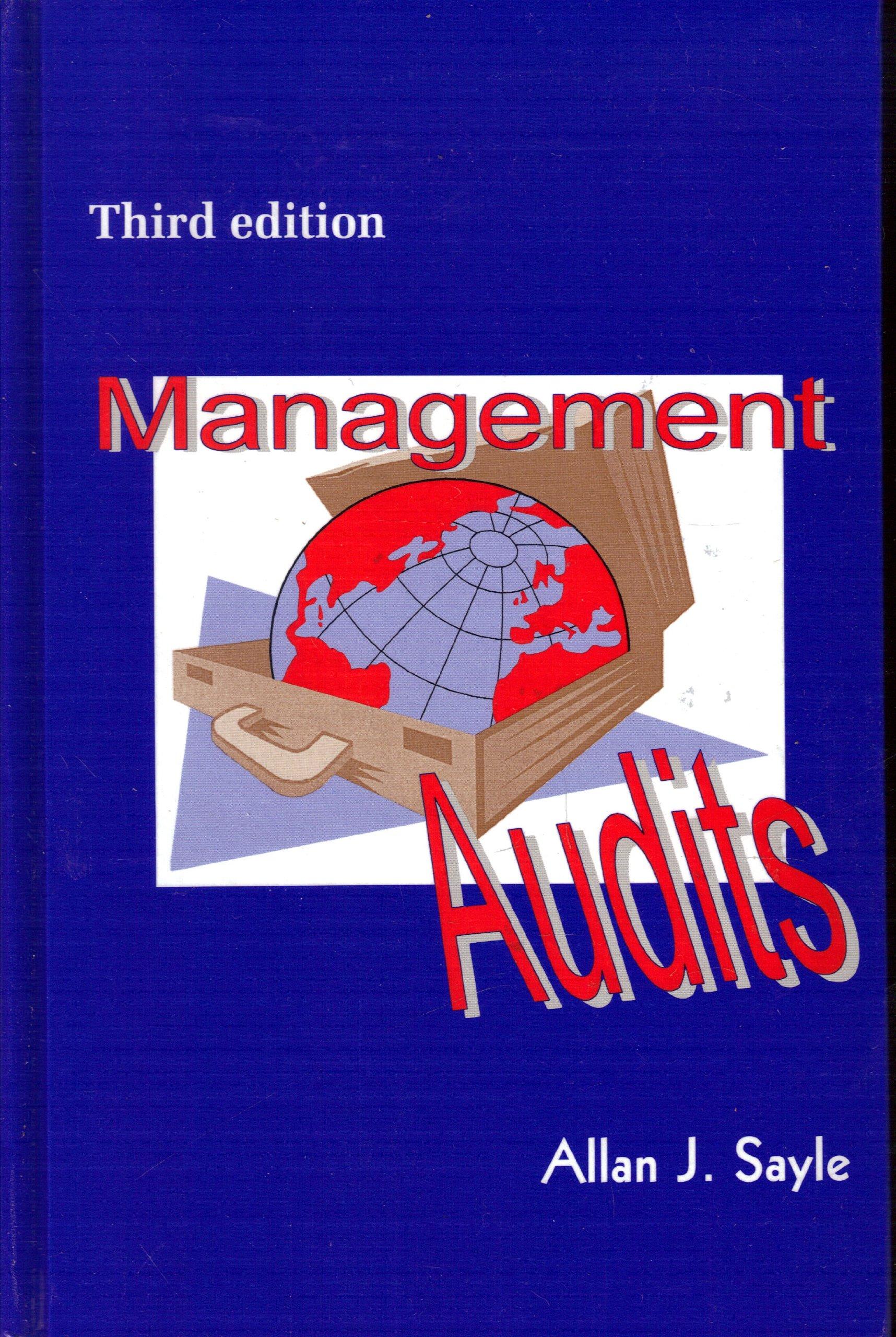Boards of directors today are under pressure to become actively involved in planning and monitoring corporate activity. At WorldCom, Tyco, and other corporations, the boards were either unaware of the misdeeds taking place around them or, in some cases, actually were party to those activities. At Enron, for example, the board of directors several times voted to waive its policies regarding independence and arms-length transactions, allowing executives to continue their fraud unhampered. When the negligence of these boards was publicly exposed, investors cried out for reform. Investors want boards to take a more active role in decision-making and to provide more oversight. Most corporations, eager to distance themselves from scandal, are considering transformation of their boards of directors. The most effective boards are composed of more outsiders than insiders, who are corporate employees. This allows the directors to have independence from the powerful CEV. To enhance decision-making ability, board members should come from diverse backgrounds and have top-level management experience. Directors should own a substantial amount of the company's stock. Boards should be actively involved in decision making meeting regularly, setting the overall corporate strategy, having access to confidential information. Boards that do not meet these criteria may be too cozy with corporate executives and, thus, fail to vigilantly safeguard the interests of shareholders. Many high-tech companies are defying these "rules," however. Boards of dot.coms contain 62 percent of outsiders on average, compared to 78 percent of outsiders for the large firms of the S&P 500. For example, the board of Amazon.com has just five members, is chaired by CEO Jeff Bezos, and lacks any real semblance of independence. Pat McGurn, a director at Institutional Shareholder Services, says, People are coming to view Amazon's problems as the result of poor corporate governance, rather than the effect of the economy in general. Unfortunately, the board doesn't seem to see governance as part of the solution. At Yahoo!, the board has a mere six members, only one of whom is an outsider. When the high-tech industry was flying high, the ill- structured boards were unchallenged. It's not really until something goes wrong that people focus on (governance], says Charles M. Elson, a professor and board expert. But in today's tougher competitive environment, newly cynical investors are demanding change. DISCUSSION QUESTIONS (a) What is at least one possible advantage and one possible disadvantage facing a board of directors composed of insiders? (b) What is at least one possible advantage and one possible disadvantage facing a board of directors composed of outsiders? (Show your source if applicable) (c) What type of board composition do you think is better for the individual business as well as the overall US economy and why? (answer with a minimum of 5 sentences)









